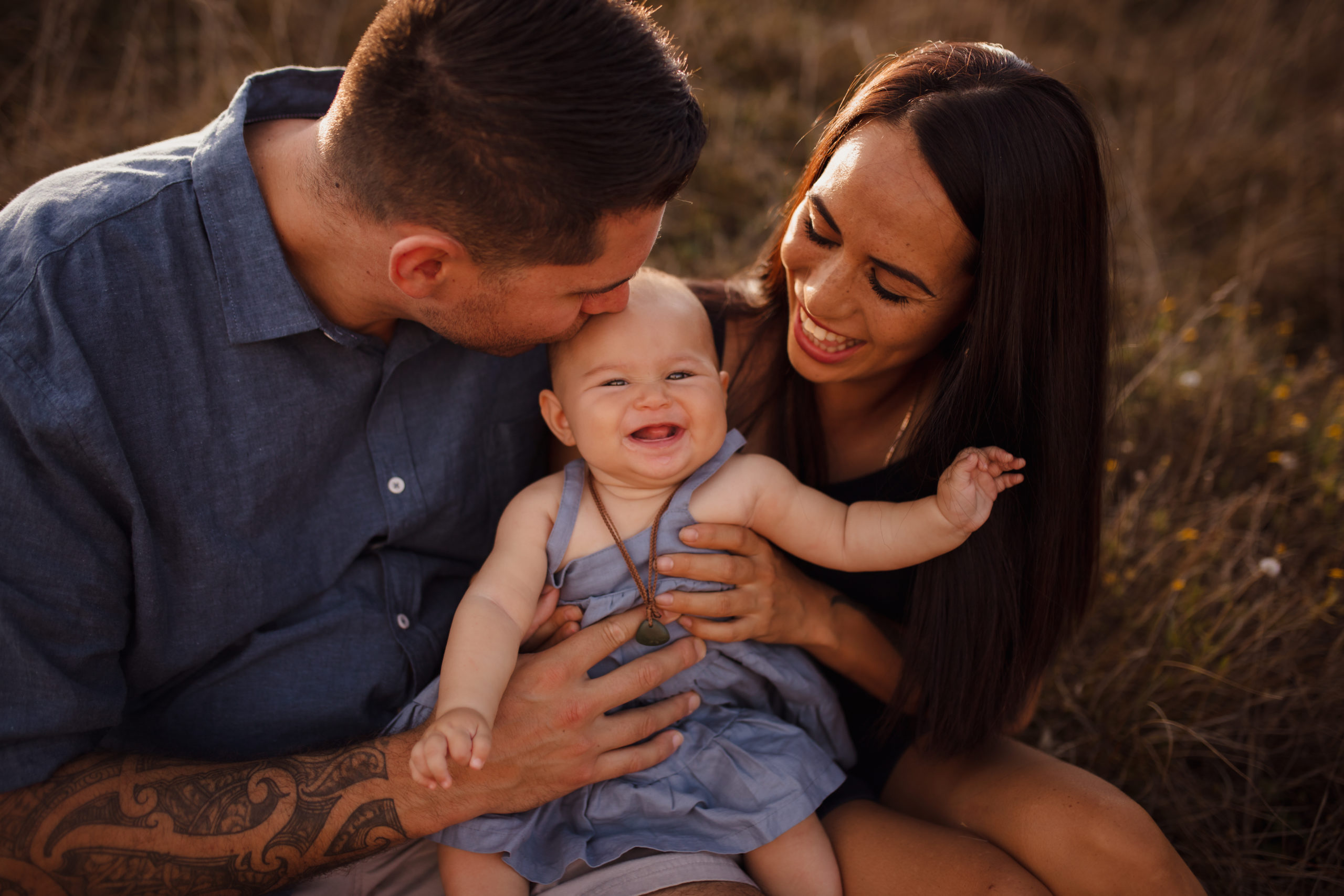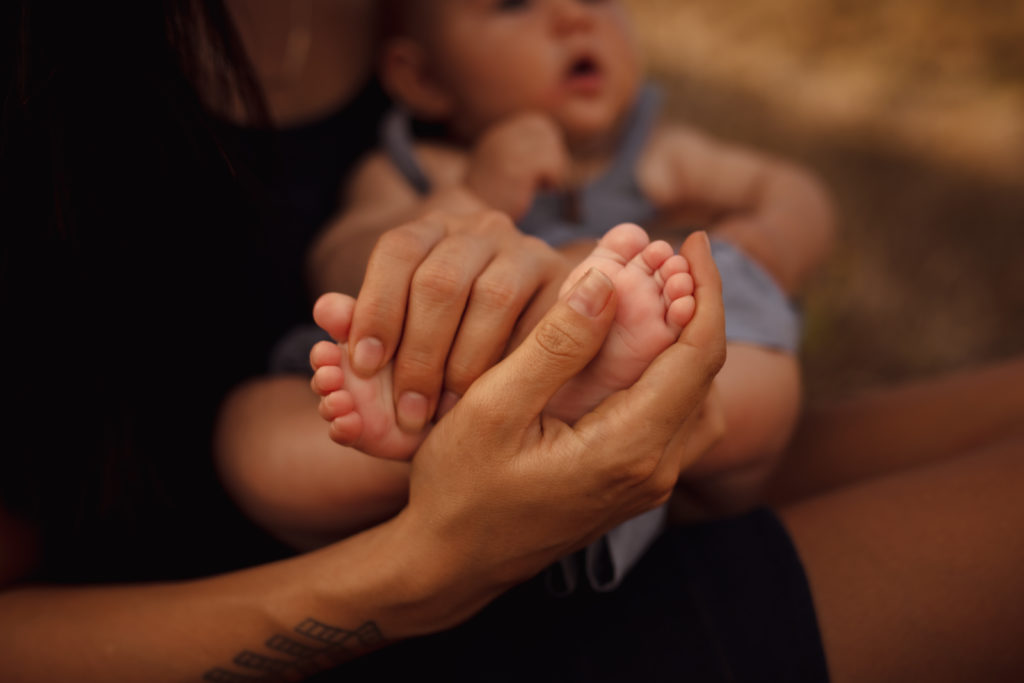
29 Jun Nau mai a Hinerangi!
Kia ora Hine! Nau mai anō ki te whānau o Toi Tangata.
We would love to know more about you – your passions and the things that might have brought you to this mahi, so I’m going to ask you some questions so that we can learn more about who you are.
Nō hea koe? Otira, i hea koe tipu ai?
Ki te taha o tōku whaea, ko Ngāti Paoa, ko Ngāti Pikiao ngā iwi. Ki te taha o tōku matua, ko Ngāti Ruapani, ko Te Arawa, ko Tūhoe ngā iwi. I tipu ake au i Rotorua. I kuraina au ki ngā kura auraki, ki te kura kaupapa anō hoki ki roto mai o Te Arawa waka.
What are some things you remember fondly about your upbringing?
At an early age, I have fond memories of being with my cousins and grandparents- particularly my Koro (or ‘Papa’) as I’d call him. I remember most of our whānau were based outside of Rotorua, so we’d often go away to Tāmaki or to Tairua where my grandparents retired. As I got older, I have some fond memories of kapa haka, photography, being with my mates, and experiencing different things outside of the usual routine.
How do you think you carry the place you grew up in with you in your life? How has it informed how you see and move through the world?
Growing up in Rotorua was a very intentional decision made by my mum. She left the life she knew in Tāmaki so that we’d have greater access to te ao Māori. She was also affirmed in her decision knowing that we had whakapapa to this rohe despite being disconnected at that time.
Growing up in Rotorua, has influenced a lot of my thinking and practices in relation to te ao Māori. Here, whānau spoke Māori and were leading various kaupapa in te ao Māori which grounded my own identity as Te Arawa, as Māori. As a young person, these experiences were probably taken for granted and connecting with others who hadn’t had a similar upbringing provoked me to reflect on this more. Having experiences grounded in te ao Māori and kaupapa led by Māori has lasting impacts on what I would like to be involved in, where I want to be, and what I want our whānau to be a part of into the future.
What were some of the early realisations you had as a tamaiti/rangatahi about how you wanted to spend your time as an adult? (This question is often phrased like, what did you want to do for work as a child – but I don’t like that question!)
I am not sure I thought about this a lot, other than being overly keen to leave my hometown to go to uni and having some autonomy over what that mahi was.
As a rangatahi I had a keen interest in media, documentary, and film studies as a medium for storytelling. I also knew I wanted to be with others who were like-minded and in environments and kaupapa which were led and implemented by other Māori.
Do you think you have realised those things now as a pakeke?
Not really, though there is more of a realisation of how Māori are really impacted in their ability to lead and implement projects or organisations due to institutional racism. Imagine how powerful we could be if we were given the resources and space to design, lead, and implement kaupapa based on our own tikanga.
I know you have a tamaiti Rereiao, what are some of the intentions you carry in terms of her upbringing?
I have so many intentions for Rereiao! My overall priority is to try to show and provoke practices and experiences within her life which build, connect, and support her to live as Māori. So there are some obvious ones – ko te reo Māori, arā, kia noho ūkaipō te reo ki tōna ao. Ko te hiahia hoki kia poipoitia ia, kia manaakitia ia e tētahi hapori Māori. Kia mōhio mārika hoki ia ki te mahi māra, ki ngā tikanga tiaki taiao, ki a ia anō hoki. So, we are learning as parents, as kaitautoko, as beginners, as community members and whānau alongside Rereiao as well.
What have you learned while trying to move with those intentions in mind?
Many of the intentions I have for Rereiao are located in the community. So a lot of thought and energy has gone into finding these communities with similar whakaaro and working out how I can be supportive in these spaces. It has also shifted my thinking in terms of time and generations and imagining what the world could look like for Rereiao, and for my own mokopuna.




